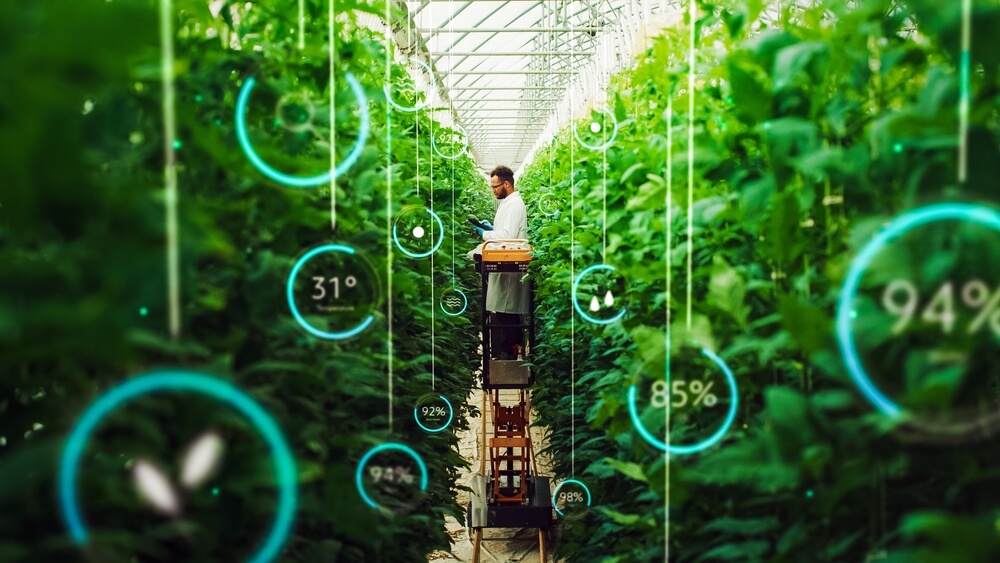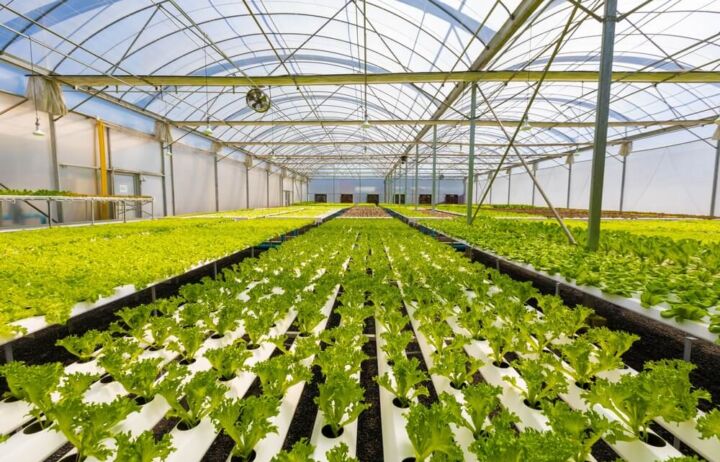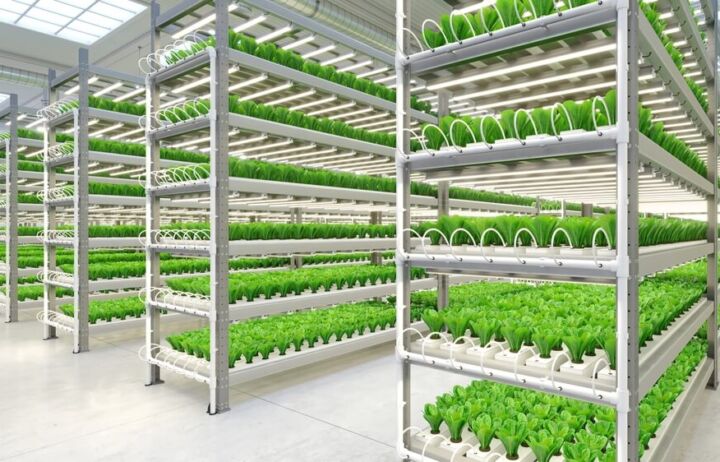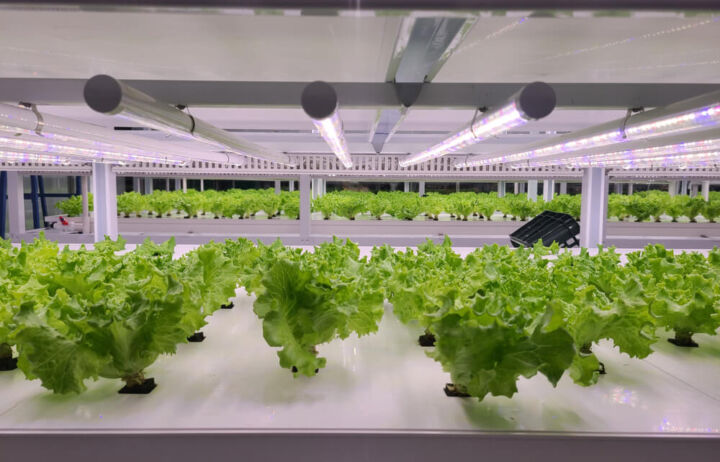
The Benefits of Indoor Farming: Sustainability, Efficiency, and Year-Round Harvests
Our changing climate has forced us to rethink traditional agriculture. Erratic weather patterns, land scarcity, and the need for sustainable growth have required innovation. Indoor farming is a beacon of light in the agricultural sector, promising to sidestep these issues and redefine food production for the future.
Vertical Indoor Farming
Vertical farming allows food to grow on a vertical surface, producing more food in the same amount of space. By stacking crops in layers, this approach unleashes an extraordinary yield potential on a fraction of the land.
Year-Round Crops
One of the most essential benefits of indoor farming is thriving without the concern of weather. Vertical farms grow in controlled environments and offer a stable, year-round crop production cycle. It ensures a consistent supply and shortens harvest times without compromising produce quality.
Water Savings
By optimizing the growing environment through technology, vertical farms minimize water demand. Indoor conditions mean less evaporation, while advanced systems recycle unused water back into the production loop. This efficiency is a significant step towards water conservation—an essential consideration for a more sustainable world.
Minimized Space and Less Transportation
Vertical farming takes up less space than traditional farming. These farms can be used in urban centers by demanding less land for higher yields. Growing in urban areas means shorter food miles from farm to table, slashing transportation costs and the associated carbon footprint. It paves the way for fresher produce in less time.
High-Yield Harvests
In the same area that traditional farming would support a single plant, indoor vertical farming can accommodate dozens, multiplying the harvest and ensuring fewer losses from pests, pollution, or poor weather—all controllable factors in an indoor environment.
The Future Impact of Indoor Farming
The impact of indoor farming goes beyond just fresh produce. It’s a testament to human ingenuity in the face of adversity, offering a model that not only tackles today’s pressing issues but also lays down the roots for a greener tomorrow. With these impressive benefits, from sustainability to efficiency, indoor farming will revolutionize how we grow our food and manage our resources.
As we venture deeper into the 21st century, the agricultural industry continues to evolve, embracing technologies and practices that align with the planet’s needs. Anyone can become an indoor farmer and learn more about being sustainable. Suitable for most spaces, our vertical farming units are great for beginners and those with a developed green thumb.








